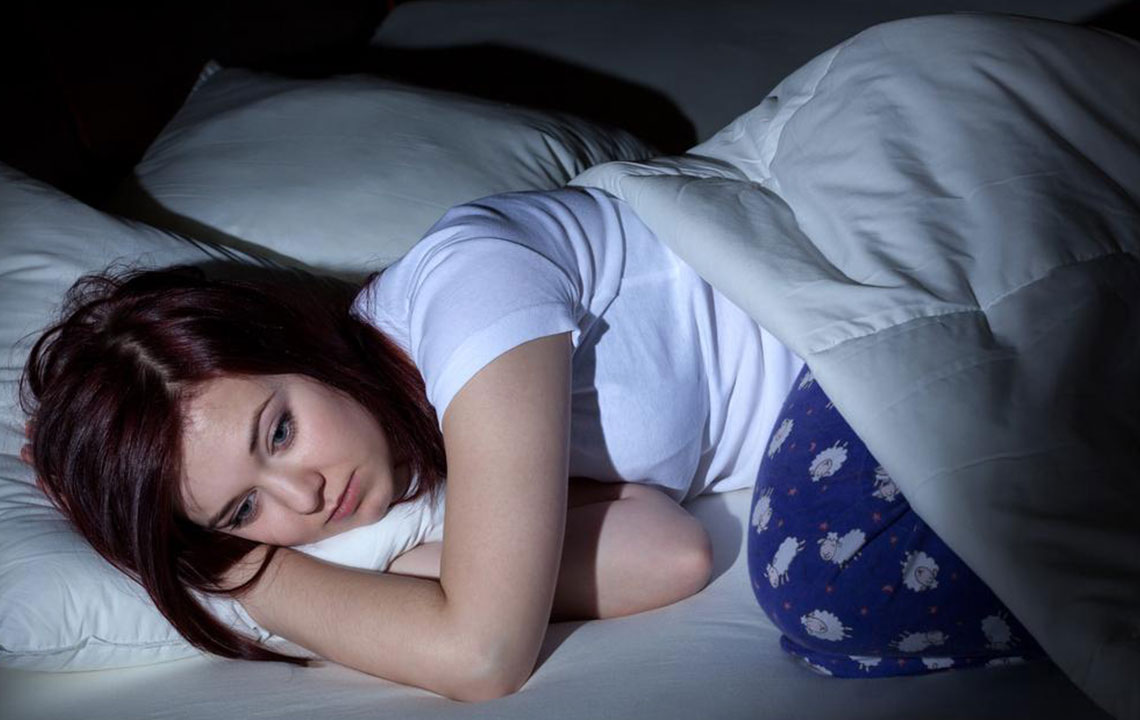8 Easy Ways to Help You Sleep

You might not be someone who can sleep as if you hibernate, but then you could be one of those lucky folks who sleep at the blink of an eyelid. Now, not all of us are as lucky as you are and therefore, this piece is dedicated to those looking for ways to sleep better and quicker! To begin with, note that you might not be able to sleep right on demand but what you do in the run-up to falling asleep could be the ticket to sound sleep. Experts opine that the last hour right before you hit the bed or even couch must be wound down. Nothing intense or very active must be happening at this hour. Following are some effective ways to help you sleep.
Watch your coffee
Watch if you are downing too many cups of coffee. Limiting caffeine intake works magic. Make sure you limit coffee binging or drinking after sundown—or better still-post mid-afternoon. This will automatically create the right body environment for helping in faster sleep at night. Avoid coffee in the later hours of the night as well. This is one of the best ways to help you sleep.
On-time for the tummy
Manage to finish dinner on time—more on this later—but always ensure that couple of hours before you go to bed, you can simply laze around in a place that is not your bedroom. Maybe use the drawing room couch or the guest room futon! Yes, seriously! We suggest even not doing those last PPT touches sitting on the bed. This habit will seriously inhibit your sleep cycle and keep you red-eyed awake till late in the night.
Screen off
Keep away from screen time—ensure to stop the browsing feed in the dark or staring at some movie you have already seen hundred times. These are distractions that need to go away and fast so that your run up to bedtime is not making you stay up longer.
Manage lighting better
This is one of the vital ways to help you sleep since too much wattage and white lights will erode away sleep. Yellow low-watt lights are best before bedtime. These are relaxing as well as help you sleep far better than otherwise.
Dietary details
You need to watch what you eat before bedtime at night. Avoid too much spice in your curry and always avoid sugary stuff. The latter gives you loads of energy, but you could need that better at mid-day instead of night.
Breeze up
Ensure that your room is cool to the correct temperature. This is one of the best ways to help you sleep because such an environment will help you relax and sleep better.
Avoid alcohol
While alcohol could make you drowsy, the same will not convert into uninterrupted sleep. You don’t want to face interruptions or issues with your night rest, do you?
The same holds true even for water or other fluids. Avoid consuming too much liquid before an hour of hitting the bed. This might make you rush to the bathroom often—thus disturbing your sleep.
The last hour before sleep is crucial
Experts opine that making love helps! If you have scope and mood for the same—simply go ahead and implement the plan. You would be happier and sleepier by the end of letting out all your steam!
One of the most amazing ways to help you sleep is to take a cool shower before you hit the bed. This helps your body to cool off naturally, and you feel relaxed too. Make sure you don’t wash your hair if you are uncomfy, but if that is no bother, there’s nothing wrong in giving your tresses a good wash either!
Other ways to help you sleep better are not to use an excessively heavy blanket. This could make you turn around a fair bit and could interrupt your regular sleep pattern. Make sure you cuddle your partner to sleep tight. That way you will find solace too. Therefore, try and talk light before you call sleep. Ensure you follow these tricks to sleep much better and much deeper as well.
Sleeping is essential to sail you through the day. Having it right and sufficiently will get you more benefits than you thought.
With these ways to help you sleep, you sure can sleep quicker from now on. Remember, racing your mind too much at all points is detrimental to healthy sleep! Relax, calm down, and sleep all snug. You will wake up to a new freshness, new energy, and a new day that gives you loads to explore.
With these effective and popular ways to sleep, you can enjoy a good night’s slumber which, in turn, will help you get the required energy for the next day.


